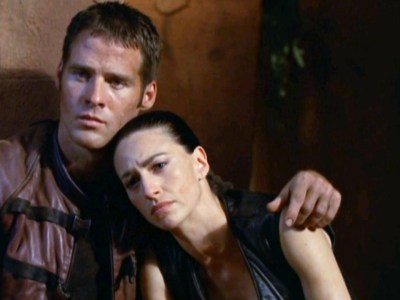What a year. I’ve sold my house. I’ve been brave. I’ve
experienced extremes of joy and sadness the likes of which I haven’t felt in
years. I said goodbye to the loveliest group of people I’ve ever had the
pleasure of knowing. I’ve tried to help people and sometimes fallen short. I’ve
been irresponsible. I’ve kept my heart open even when I thought I might have to
close it down and hibernate. I am tired in a whole new way.
And I’ve seen less films this year than for a very long time
indeed. It’s not that I didn’t get to the cinema (almost) as much – I did. It’s
more that I haven’t watched much at home: either revisiting old films or
catching up with recent stuff that didn’t get shown in Birmingham.
I find myself in almost total disagreement with the Guardian
Top 50 (Bridge of Spies at #2
ffs!!!!! – I mean it’s good but really?) and out of sync with a Sight and Sound list that, as usual,
has lots of festival films that won’t be seen in the UK till 2016.
With all that said there are films I’ve seen this year that
will be favourites for ever. Finally after all these years a GREAT action film;
a new film based on a novel by Arkady and Boris Strugatsky; numerous, fantastic
films about women, with great roles for women and directed by women.
So before I see Star
Wars.....
A top 5 in a Sight
and Sound stylee (in no particular order) is actually very easy because
they are all very brilliant indeed:
- Girlhood (Céline Sciamma)
- A Girl Walks Home Alone at Night (Ana Lily Amirpour)
- Carol (Todd Haynes)
- Hard to be a God (Alexei German)
- Mad Max: Fury Road (George Miller)
Girlhood manages
to keep its overall structure whilst containing moment after moment of
rapturous filmmaking. This is a film that takes a hard look at the lives of
young working class black women in France but manages to be subtle, poised and euphoric all
at once. I love it wholeheartedly. A
Girl Walks Home Alone at Night and Carol
are in very different ways, sublime. Mad
Max gave me the same giddy high as Die Hard did when I was 17. I never expected to feel that again –
AND it’s so beautiful!! And Hard to be a
God – fuck me, no words yet. Probably not for a while.
My now traditional top 12 is harder:
- Girlhood (Céline Sciamma)
- Carol (Todd Haynes)
- Mad Max: Fury Road (George Miller)
- Hard to be a God (Alexei German)
- A Girl Walks Home Alone at Night (Ana Lily Amirpour)
- Inherent Vice (Paul Thomas Anderson)
- Selma (Ava DuVernay)
- The Look of Silence (Joshua Oppenheimer)
- Diary of a Teenage Girl (Marielle Heller)
- The Lobster (Yorgos Lanthimos)
- Slow West (John Maclean)
- Grandma (Paul Weitz) [joint twelfth]
See what I did there! I cheated didn’t I? [blows raspberry] I
don’t care. And look FIVE films out of the 13 are directed by women – hardly perfect,
but a lot better than usual. And I don’t know how Inherent Vice isn’t in my top 5 because I fucking love it.
What’s that? No room for Brooklyn, or Amy, or The Tale of the Princess Kaguya, or
that glorious weepfest Bajrangi Bhaijaan,
or Mistress America, or Taxi Tehran, or It Follows, or Timbuktu,
or The Tribe or Dear White People? I know! I know!
And beyond that I really enjoyed Whiplash, Sicario, Macbeth, Ex Machina, Mommy, Force Majeure, A Most Glorious Year, The
Duke of Burgundy and Birdman.
It’s been a BAD year for Bollywood though I have a few minor
films to search out that might make me reconsider.
Haven’t seen 45 Years,
The Wonders, Sunset Song, A Syrian Love
Story, Tangerine or The Forbidden
Room yet. Booooo!

